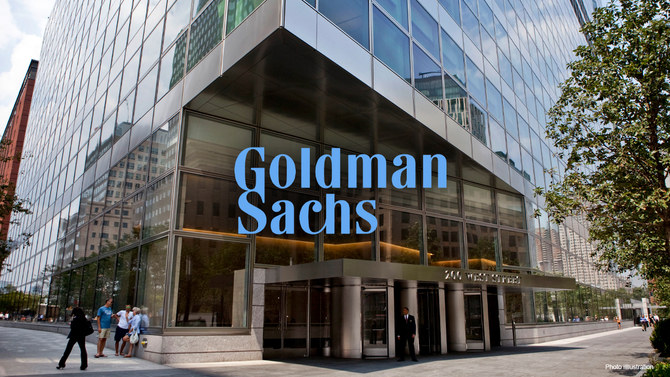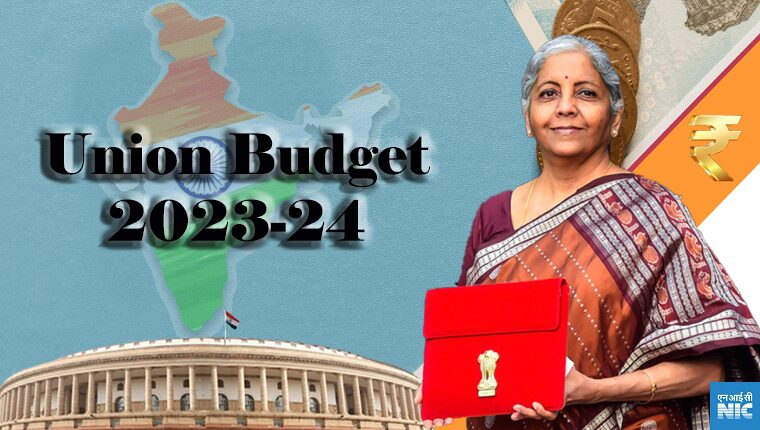Goldman Sachs forecasts 2024 union budget focusing on jobs and rural development
Goldman Sachs economists anticipate that the government will maintain the fiscal deficit target of 5.1% of GDP established in the interim budget.

According to economists at Goldman Sachs in a note released on Monday, the 2024 Union Budget is expected to lean towards increasing welfare spending, though not making it the central focus. Instead, the budget will emphasize the rural economy and initiatives aimed at boosting job creation. The government announced that the budget proposal for the financial year ending March 2025 will be presented on July 23.
Goldman Sachs economists anticipate that the government will maintain the fiscal deficit target of 5.1% of GDP established in the interim budget. They also suggest that the government is likely to issue a comprehensive statement outlining its long-term economic policy.

The chief India economist at the Wall Street Bank, Santanu Sengupta, said, “We see an emphasis on job creation through labor-intensive manufacturing, credit for micro, small, and medium enterprises, continued focus on service exports by expanding global capability centers, and a thrust on the domestic food supply chain.”
In this year’s national elections, the Bharatiya Janata Party did not secure a majority independently and instead formed a government with the support of allies. Post-election surveys indicated that unemployment and inflation were significant concerns for voters, especially in rural regions.
Despite the Indian economy being expected to grow robustly at 7.2% this year, there has been a noticeable lag in job creation. According to Samiran Chakraborty, Citi’s chief India economist, as stated in a recent note, achieving a growth rate of around 7% would create between 8 million and 9 million jobs annually, which falls short of the 11 million to 12 million jobs required per year. He stated, “Even 7% GDP growth might not be able to fulfill the job requirement over the next decade.”
Goldman Sachs anticipates that the budget will promote labor-intensive manufacturing by providing financial incentives in sectors such as toys, textiles, apparel manufacturing, and commercial aircraft production. In a report, Citi suggested that the government may contemplate extending its primary production-linked incentive program to “more domestic value addition and explicit employment targets.”
Citi noted that nearly two-thirds of manufacturing jobs are in sectors requiring low-skilled labor, though it did not specify whether these measures would be announced in the budget.Goldman Sachs also predicts a focus on enhancing agricultural infrastructure and providing incentives to boost domestic production of essential crops, aiming to address high food inflation, which has hovered around 8% for several months.
You might also be interested in – Finance Minister Unveils Visionary Budget; welfare for poor, women, youth and farmers



